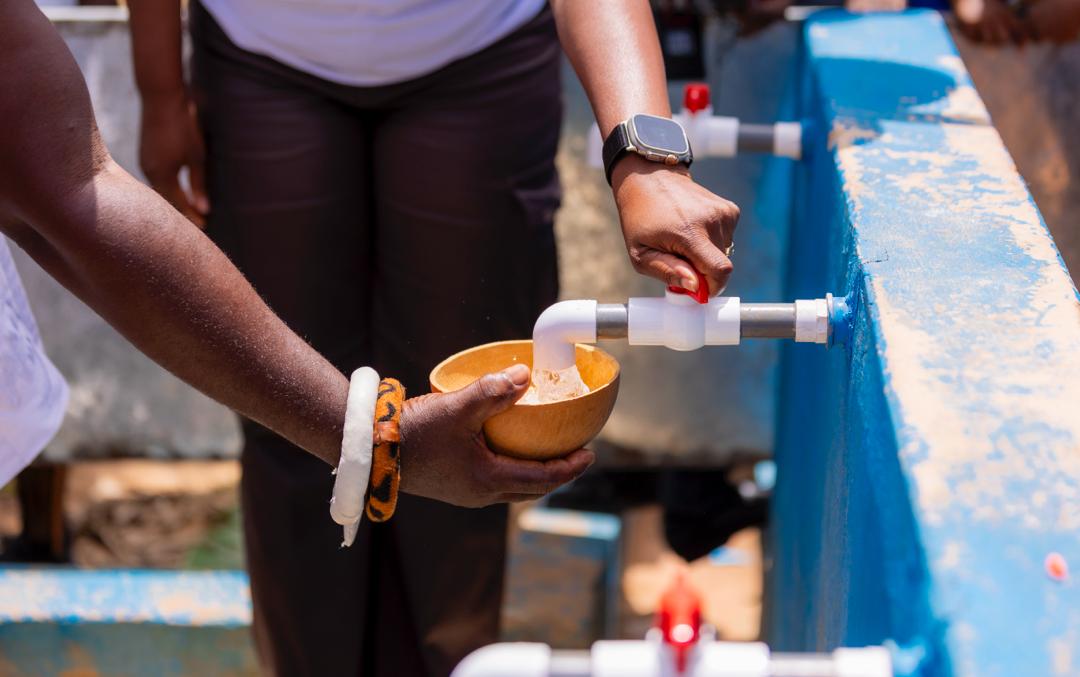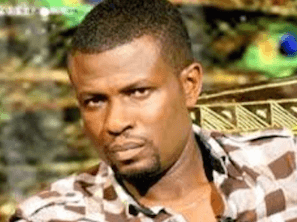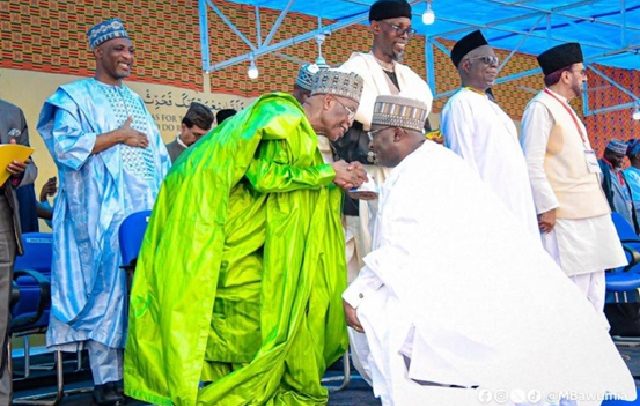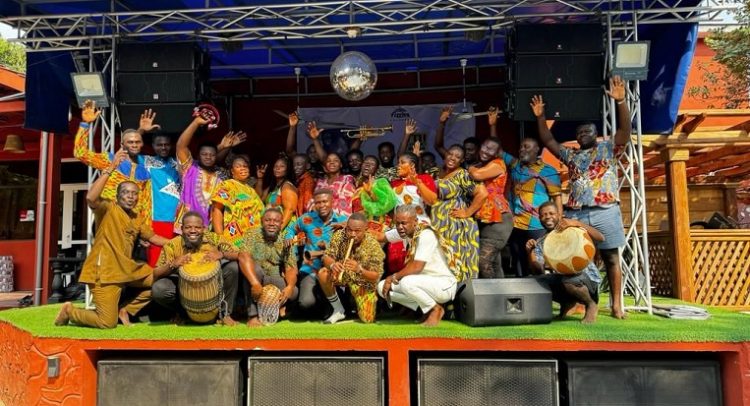
By Ben BRAKO
At the heart of this conversation is one central concern: our development. That is the crux—the main emphasis. Development, in its truest form, is a multidimensional undertaking.
It is not merely about infrastructure or economic indices; it is about achieving a higher quality of life for all people.
It involves economics, social harmony, environmental balance, and a recognition of the deep interdependence between people and nature. Most importantly, it must be sustainable and rooted in the realities of those it seeks to uplift.
So, what sets our development apart? What makes it unique and truly ours?
The answer lies in our traditional culture and heritage.
Culture: A living force
Traditional culture is not a fossilized relic. It is not something to be dusted off and displayed during ceremonies or nostalgic events. Culture is a living, dynamic force—a practical guide to how we live, think, relate, govern, learn, and build. It informs our approach to everything from governance and enterprise to education, justice, and healthcare. It is, in essence, the architecture of our social organization.
Culture shapes our worldview. It defines our priorities, our ethics, our relationships, and the systems we build to manage our societies. It is not something apart from development; it is the very foundation of development.
Heritage: The soul of a people
Heritage, on the other hand, is the soul of our people. It is a compendium of our history, philosophies, achievements, and collective wisdom. It is the memory of our ancestors and the legacy they left behind. Our heritage drives behavior, instills pride, and offers tested templates for successful living. It gives us a sense of identity and purpose. It teaches us not only where we came from, but also how we prevailed, and thus, how we might continue to thrive.
Governance and development aligned with culture
Governance—the manner in which power and resources are managed—is most effective when it is informed by the culture and heritage of the people. The primary goal of governance should be to harness all available resources to improve the lives of all citizens. For this to be successful, our developmental goals must align with our cultural values and collective aspirations.
When governance is divorced from culture, societies pull in different directions. But when it is grounded in shared values—like our African principle of Ubuntu, which reminds us “I am because we are,” or “I am my brother’s keeper”—then unity, purpose, and equity become possible.
In our traditional societies, land was accessible to all, and family and community had a voice in decisions. These principles are not outdated—they are blueprints for inclusion and sustainable development. They remind us that people must be at the center of development, not merely its beneficiaries, but its co-creators.
Sankofa: Returning to move forward
If we are serious about transforming our lives and our societies, then we must Sankofa—go back and reclaim what we have lost or forgotten in order to move forward. Our culture and heritage hold the tools we need to mobilize all our people. They are the foundation upon which we can build a development that is human-centered, sustainable, and uniquely ours.
Conclusion
There can be no meaningful development without the active engagement of our traditional culture and heritage. They are not optional—they are essential. If we are to build a future worthy of our people, then we must do so through the values, wisdom, and institutions that have sustained us through centuries.
Let us therefore root our development in who we are—our culture, our heritage, our values—and walk boldly into the future, together.
The post Traditional culture and heritage as a catalyst for our development appeared first on The Business & Financial Times.
Read Full Story
















Facebook
Twitter
Pinterest
Instagram
Google+
YouTube
LinkedIn
RSS